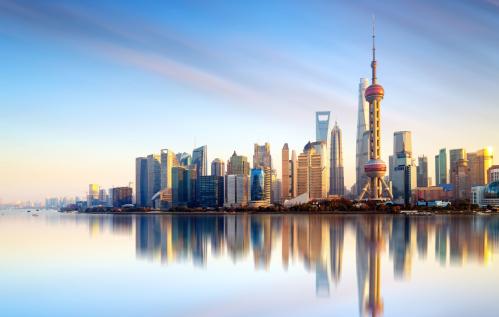

1:00 am AST - 2:30 am AST
Past Event
Content from the Brookings Doha Center is now archived. In September 2021, after 14 years of impactful partnership, Brookings and the Brookings Doha Center announced that they were ending their affiliation. The Brookings Doha Center is now the Middle East Council on Global Affairs, a separate public policy institution based in Qatar.
The Brookings Doha Center (BDC) hosted a panel discussion on March 20, 2019 to discuss sports, globalization, and politics in the Arab World. Qatar’s historic win of the 2019 Asian Cup led to a constructive debate about the role of sports as an essential vehicle for nation-building, international integration, and global influence. It reflected on the role that mega-sporting events, including the 2022 World Cup, can play in promoting national pride and regional integration, especially in turbulent times.
The panel consisted of a group of distinguished scholars and sports experts, including Ahmed A. Al-Emadi, Dean of the College of Education at Qatar University; James M. Dorsey, Senior Fellow at the S. Rajaratnam School of International Studies, Singapore’s Nanyang Technological University; and Mahfoud Amara, Director of the Sport Science Program at Qatar University. The event was moderated by Joanna Gasiorowska, the Senior Sports Presenter at Al Jazeera English. Members of Doha’s diplomatic, academic, and media communities attended the event.
The panel discussed regional politics in the Arab world, as well as traditional and social media coverage of the 2019 Asian Cup. The 2017 Gulf crisis loomed large over the 17th edition of the Asian Cup. The media coverage and the public reaction to Qatar’s historic win extended well beyond the sports arena, across the Gulf Cooperation Council (GCC) and the wider region, providing a unique opportunity to gauge national sentiment and to analyze regional politics in the Arab world today.
Gasiorowska asked the panelists several questions that focused on the importance of sports in shaping national identity and promoting international integration, as well as the impact of Qatar’s 2019 Asian Cup win on public sentiment and politics throughout the GCC and the wider Arab region.
Dorsey argued that football, as a sport, has been used to influence and shape the political identities of nations. He posited that football is, in its essence, an oppressive and tribal sport, focused on conquering the “other.” However, he also explained that football can build bridges if it is deployed by informed political and sports leaders. As for the 2022 World Cup in Qatar, he contended that this event has increased tensions between Gulf countries, rather than deescalating the crisis. According to him, the blockading countries of Saudi Arabia, the United Arab Emirates (UAE), Bahrain, and Egypt have been eager and fully prepared to take away the benefits that Qatar may derive from the World Cup.
Al-Emadi talked about football’s role in nation and community building, as well as its soft power role in regional and international politics. He also emphasized the role of football in promoting social inclusion. According to him, Qatar winning the Asian Cup was not an accident. The athletes had been training from a young age at places like Aspire Academy, a school founded in 2004 to help scout, train, and educate young, male Qatari athletes. He said that sports also challenges the notion that athletic involvement comes at the expense of studies. Al-Emadi added that Qatar’s sport investments have helped its other economic sectors, such as health care, education, and entertainment. Additionally, he stated that Qatar considers social development to be one of the four main pillars of its soft power strategy, as laid out in the 2030 Qatar National Vision (QNV).
Amara discussed the tension that resulted from the Asian Cup taking place in the UAE, as well as from Qatar’s win. He also argued that any doubts about Qatar’s readiness to host the 2022 World Cup were quelled by the country’s Asian Cup victory. In fact, Qatar’s credibility in the sporting world has increased since its recent win. Amara also noted that Qatar hosting the World Cup is encouraging Qataris to participate in sports. While, in the past, most professional players in the Qatari league were foreigners, this situation has changed.
The panelists discussed the current and future status of the Gulf crisis in relation to the World Cup. Dorsey stated that football is a victim of politics. He wondered whether the blockade would continue until 2022, or whether the World Cup preparations would be an opportunity for reconciliation. According to him, the blockading countries will face a dilemma if they choose to continue the blockade. The panelists also considered the implications of the crisis for the football teams and fans of the blockading countries, as well as what their potential participation in the World Cup would mean for regional relations.
The subsequent question and answer session focused on the politicization of sports, the impact of the World Cup on Qatar’s society and economy, soft power and sports, and corruption in FIFA.
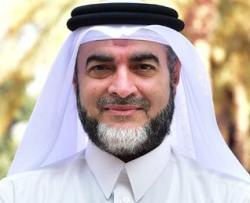
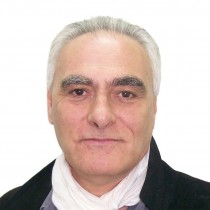
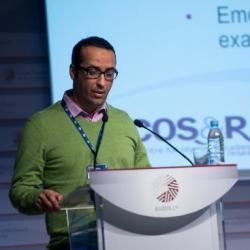

Robin Brooks
May 9, 2024
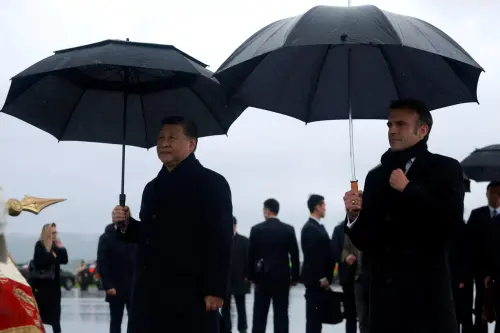
Tara Varma
May 8, 2024
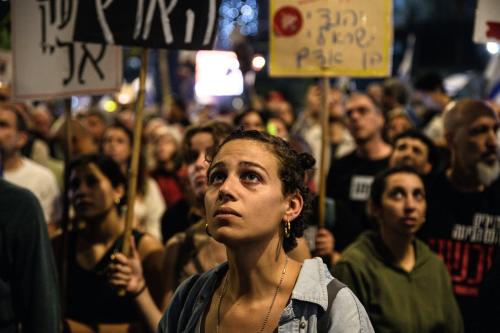
Marvin Kalb
May 6, 2024